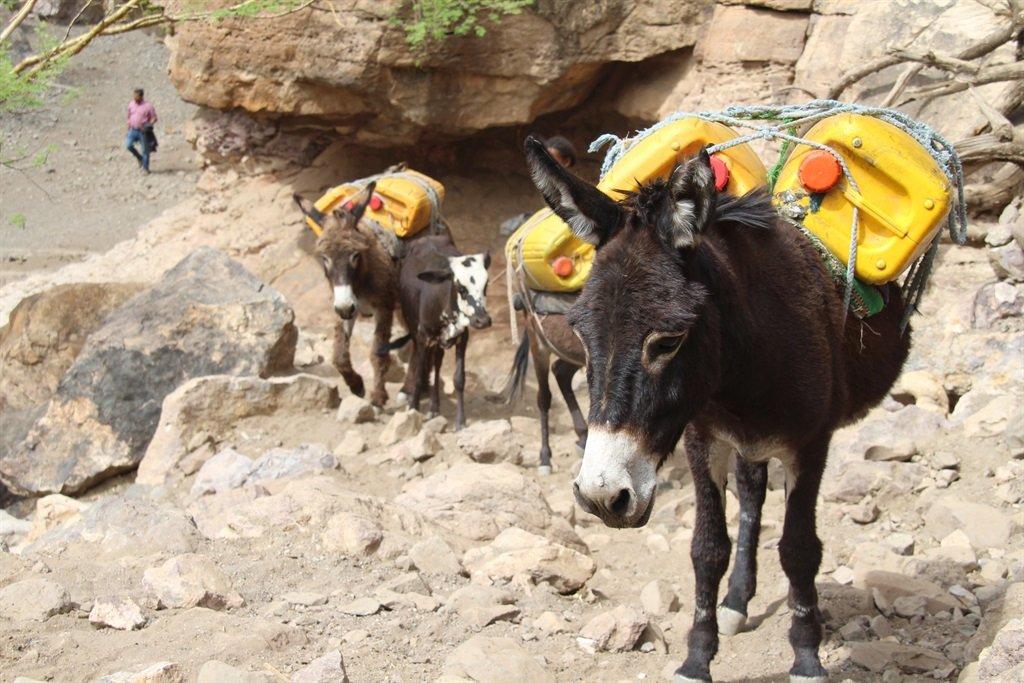Africa-Press – Lesotho. A traditional medicine known as ejiao in China is spurring the illegal trade of donkey skins in South Africa and, possibly Lesotho, threatening the donkey population and causing a spike in theft.
Donkeys are stolen, inspector Keshvi Nair and public relations officer at the National Council of SPCAs told Business Insider South Africa, and typically transported to KwaZulu-Natal.
From there, they are smuggled through the mountains into Lesotho. From there, skins or the gelatine made from them, properly known as colla corii asini, makes their way to China.
According to The Donkey Sanctuary, a donkey welfare organisation in the UK advocating for their welfare, donkey hide glue is produced from the collagen of the animal’s skin and is used as a critical ingredient in the production of traditional Chinese medicines.
The skins get stewed and or soaked to extract the gluey substance. The gelatine produced from the donkey hides is used to make bars, liquids, pills, tonics, beauty products, and sweet syrups.
Nair said the National Council of Societies for the Prevention of Cruelty to Animals (NSPCA) currently has seven active cases relating to the illegal donkey skin trade, with the most recent involving 100 donkeys that were saved from being smuggled in March 2021.
The society is particularly concerned that the animals are usually not stunned to unconsciousness prior to slaughtering, as required by law. “Instead, the animals are stabbed in the head with screwdrivers or crudely and unreliably bludgeoned and then skinned.
During the investigation of one of our cases, a qualified veterinarian confirmed, after he had conducted an autopsy, that the donkeys were most likely still alive at the time they were skinned,” said Nair. During inspections in villages and communities where donkeys are prevalent, the NSPCA has found fewer donkeys on each visit.
While the slaughter of equines for human consumption for their hides is legal, it can only be done at registered abattoirs, of which South Africa only has two, which also generally have a low slaughter rate.
“For the number of skins that are found or that are leaving our borders it is safe to say that it is being done illegally,” said Nair.
For More News And Analysis About Lesotho Follow Africa-Press






